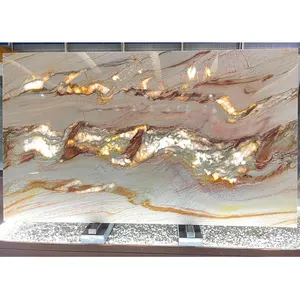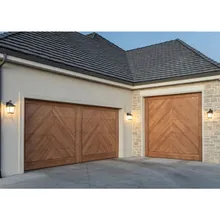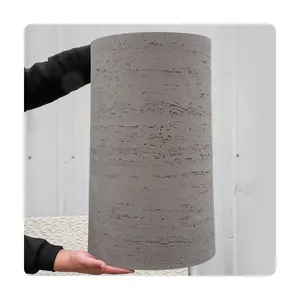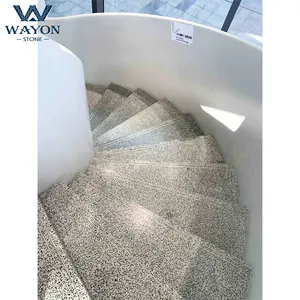Exploring Artificial Cement Stone
Artificial cement stone stands as a versatile and practical alternative to natural stone in construction and decoration. This composite material is crafted to mimic the appearance and texture of natural stone while offering ease of use and a lighter weight for various applications. Its adaptability makes it suitable for both interior and exterior projects, providing a cost-effective solution for those seeking the aesthetic of stone without the associated expense and installation challenges.
Types and Applications
There are several types of artificial cement stone available, each suited to different applications. From faux stone panels that clad exterior walls to synthetic stone veneer for fireplaces, the range is extensive. These products are commonly used to enhance the ambiance of living spaces, gardens, and commercial settings. The adaptability of manufactured stone allows for its use in creating inviting outdoor environments, such as patios and garden paths, as well as interior features like accent walls and kitchen backsplashes.
Features and Materials
The composition of artificial cement stone typically involves a mix of cement, aggregates, and pigments, which are cast in molds to replicate the look of natural stone. This manufacturing process results in a variety of textures and colors, providing a broad spectrum of design options. The material is known for its durability and resistance to weather, making it an excellent choice for outdoor use. Additionally, its lightweight nature compared to natural stone simplifies handling and installation.
Advantages of Artificial Cement Stone
Opting for artificial stone comes with several benefits. Its lower cost compared to natural stone makes it accessible for a wider range of projects. Maintenance is straightforward, as the material resists many of the wear and tear factors that affect natural stone. Furthermore, the manufacturing process of imitation stone allows for a consistent quality and supply, ensuring that projects can be completed without the delays that might occur due to natural stone sourcing.
Design Flexibility and Aesthetic Appeal
The aesthetic flexibility of artificial cement stone is one of its most compelling attributes. Designers and architects can select from a palette of colors and textures that can be seamlessly integrated into various design schemes. Whether the goal is to create a rustic charm with faux river rocks or a modern look with sleek synthetic stone slabs, the possibilities are nearly endless.
Environmental Considerations
Environmental impact is an important consideration in today's construction materials. Artificial cement stone offers an eco-friendlier option by reducing quarrying activities. Additionally, some manufacturers incorporate recycled materials into their products, further minimizing the ecological footprint.












































 浙公网安备 33010002000092号
浙公网安备 33010002000092号 浙B2-20120091-4
浙B2-20120091-4